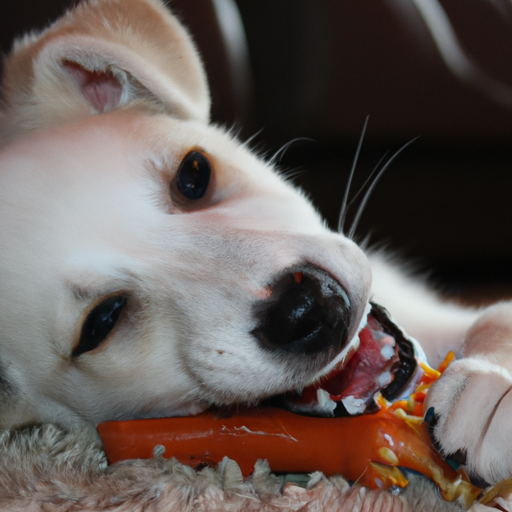Introduction
As a caretaker, you may be wondering when your furry friend will begin to lose its puppy teeth. This is a natural and important stage in your dog’s life. Understanding this process can help you better care for your pet and ensure their overall dental health.
Understanding Your Dog’s Dental Development
Just like humans, dogs go through a process of dental development. Here’s what you can expect:
- Birth to 2 weeks: Puppies are born without teeth.
- 2 to 4 weeks: The 28 baby teeth begin to erupt.
- 3 to 6 months: Puppy teeth begin to fall out and are replaced by 42 adult teeth.
Note that these are general timelines and can vary based on your dog’s breed and overall health.
The Importance of Dental Health in Dogs
Ensuring your dog maintains good dental hygiene isn’t just about avoiding bad breath. Here’s why it’s essential:
- It prevents diseases and infections.
- It can increase your dog’s lifespan.
- It contributes to their overall well-being.
Signs Your Dog is Losing Its Puppy Teeth
As your puppy undergoes this process, you might notice the following signs:
- Finding teeth: You may find small, sharp teeth around your home.
- Chewing: Your dog may chew more than usual to relieve discomfort.
- Reduced appetite: Your dog might eat less if their mouth is sore.
- Bleeding: Minor bleeding is normal when teeth fall out.
Caring for Your Dog During Teething
Use these tips to help your pet during this time:
- Provide chew toys: These give your dog an appropriate outlet for their chewing and can help soothe their gums.
- Avoid hard toys: These can damage your puppy’s new adult teeth.
- Monitor your pet: Regularly check your dog’s mouth to ensure the teething process is going smoothly.
Potential Problems and When to See a Vet
Even though losing puppy teeth is a natural process, complications can arise. Here are circumstances when you should consult a vet:
- Retained baby teeth: If your dog’s baby teeth don’t fall out to make way for adult teeth, it can lead to dental problems.
- Missing teeth: If adult teeth don’t appear after the puppy tooth has fallen out, it could be a problem.
- Persistent bad breath: This could be a sign of infection.
How to Promote Dental Health in Your Dog
Regular dental care can help prevent problems. Here’s what you can do:
- Brush your dog’s teeth regularly.
- Provide dental treats and toys that help clean the teeth.
- Schedule regular dental check-ups with your vet.
FAQ
Q: At what age do dogs lose their puppy teeth?
A: Generally, dogs begin losing their puppy teeth around three to six months old.
Q: What should I do if my puppy swallowed a tooth?
A: Don’t worry; this is relatively common and usually harmless. If your dog shows signs of discomfort, contact your vet.
Q: How can I soothe my puppy’s sore gums?
A: Chewing can help soothe your puppy’s sore gums. Try providing them with soft chew toys or wetting and freezing a washcloth for them to gnaw on.
Q: How often should I brush my dog’s teeth?
A: Ideally, you should brush your dog’s teeth daily. However, even a few times a week can be beneficial.
Remember, as your dog’s caretaker, your awareness and proactive care are crucial for their dental health. Be sure to consult with your vet for any concerns during this teething process.



